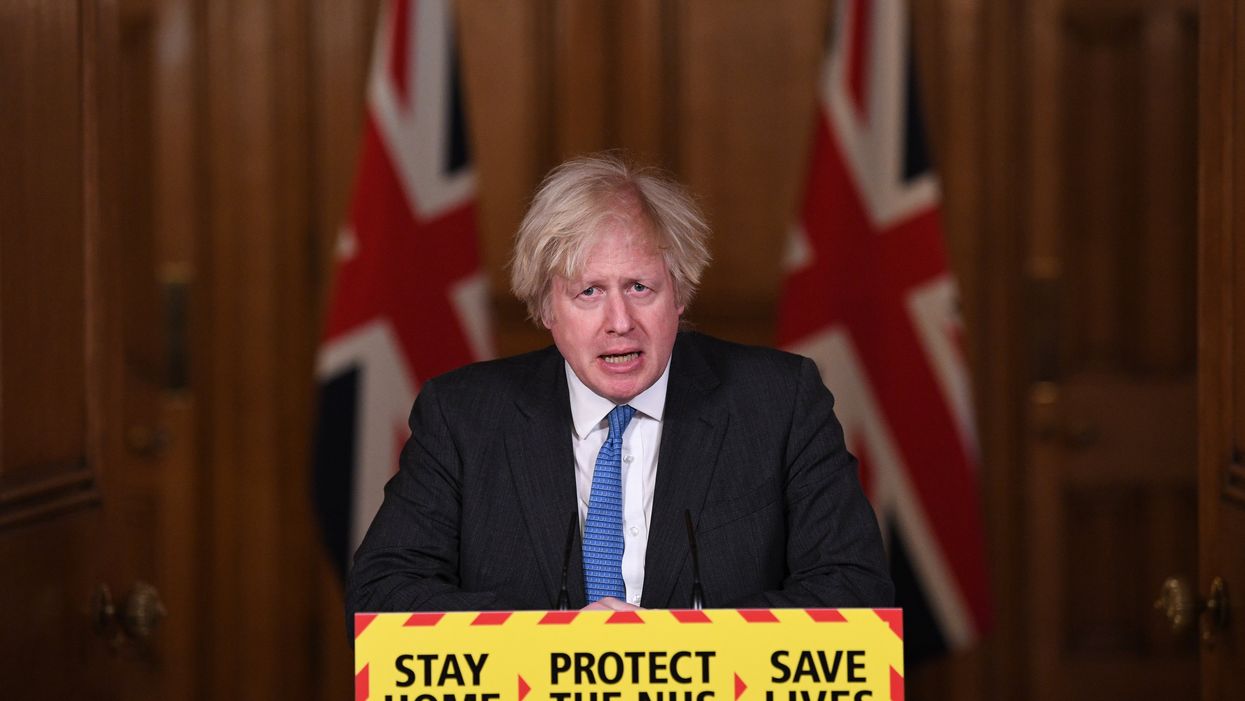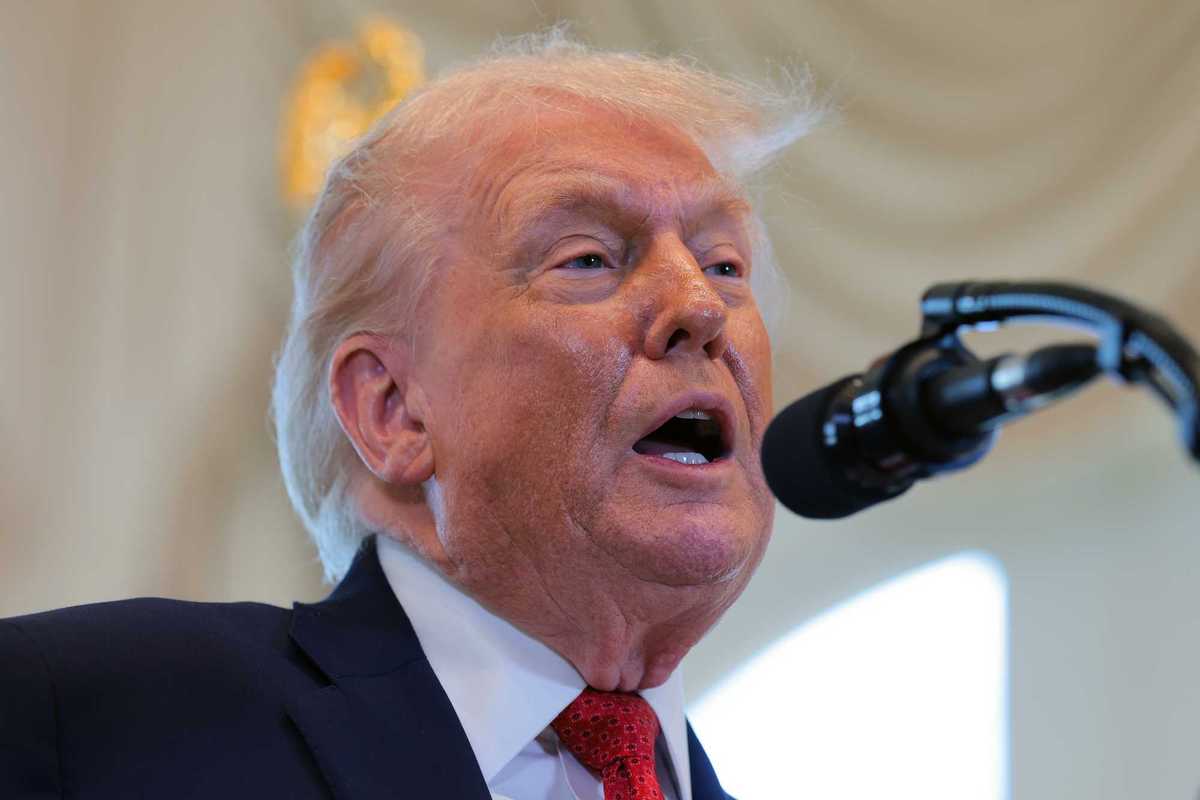
Not for the first time, the Tories have been accused of proposing new laws which strongly resemble fascism.
In what they paint as an attempt to defend freedom of speech at Britain’s universities against a supposedly illiberal and authoritarian culture of the left, the government has put forward a new set of policies it says aim to “stamp out unlawful ‘silencing’ on campuses”.
These include the appointment of a “free speech and academic freedom champion” at the UK’s higher education regulator, the Office for Students, and a new “free speech condition” placed on higher education providers and student unions “in order to be registered in England and access public funding”.
Under the new rules, the Office for Students would have the power to impose sanctions, including financial penalties, for any deemed breaches of free speech.
Read more: Boris Johnson bizarrely compares himself to OJ Simpson
With all this talk of crackdowns on free speech – at a time when education secretary Gavin Williamson has overseen an exam results scandal and faces the largest student rent strikes in four decades – you’d be forgiven for thinking that academic freedom was in immediate and grave danger from authoritarian universities and students.
But, in reality, this just isn’t the case.
While there have been a handful of instances in which people have been no-platformed on UK campuses, typically over accusations of touting far-right, exclusionary or bigoted views (or policies, in “hostile environment”-era home secretary Amber Rudd’s case), a December survey by education analysts at Wonkhe found that of nearly 10,000 events involving an external speaker across 61 student unions, just six were cancelled in 2019-20.
Four of these would-be speakers failed to file the required paperwork, one was a pyramid scheme fraudster attempting to con students, and the other was Jeremy Corbyn, whose rally was moved off campus to a larger venue, according to the report.
And it follows a parliamentary investigation by the Joint Committee on Human Rights, which concluded in 2018 that, while some incursions of free speech have occurred, “we did not find the wholesale censorship of debate in universities which media coverage has suggested” – but that a question remained over whether “real problems” identified, such as “disruptive” protests and bureaucracy, could be having a “chilling effect”.
Meanwhile, all of this is coming from a government which appears to be simultaneously seeking to dictate how Britain’s history is told.
Culture secretary Oliver Dowden – who, according to The Telegraph, wants to “defend our culture and history from the noisy minority of activists constantly trying to do Britain down” – has reportedly written to heritage bodies such as the National Trust with the apparent threat of financial repercussions should they “run from or airbrush the history upon which they are founded”.
Jason Stanley, a philosophy professor at Yale University, succinctly summed up his thoughts on the current state of affairs by highlighting two short passages of his book, How Fascism Works: The Politics of Us and Them.
“Here’s what’s happening in the UK right now,” he wrote on Twitter, showing two graphics highlighting key aspects of fascism.
The first, relating to propaganda, reads: “The language of democratic ideals takes on corrupted, opposite meanings. Corrupt politicians run anti-corruption campaigns; freedom of speech claims are used to suppress speech.”
The second, titled “anti-intellectual”, says: “Universities are branded as incubators of liberalism, Marxism, and feminism. Expertise no longer has any value.”
Does any of this sound familiar?
Prof Stanley argues that the cries of supposed threat to free speech from the left are a typical far-right move, which fit into a wider global pattern.
In a tweet relating to the latest authoritarian crackdown on academia in president Rodrigo Duterte’s Philippines, he said: “Have you heard that your country’s universities are filled with leftists who chill free speech and spread anti-patriotic ideology? Advance communist agenda? That’s one of the basic tools of far-right authoritarianism, coming to a country near you.”
“It’s not simply the culture wars. It’s the far-right attack on universities that UK academia is facing,” Prof Stanley later tweeted.
“The methods seem to have been developed in the US, and exported to Brazil, Hungary, India, and other places. Good luck with it.”
More: As a human rights activist, I began to realise that the US is based on systemic racism













